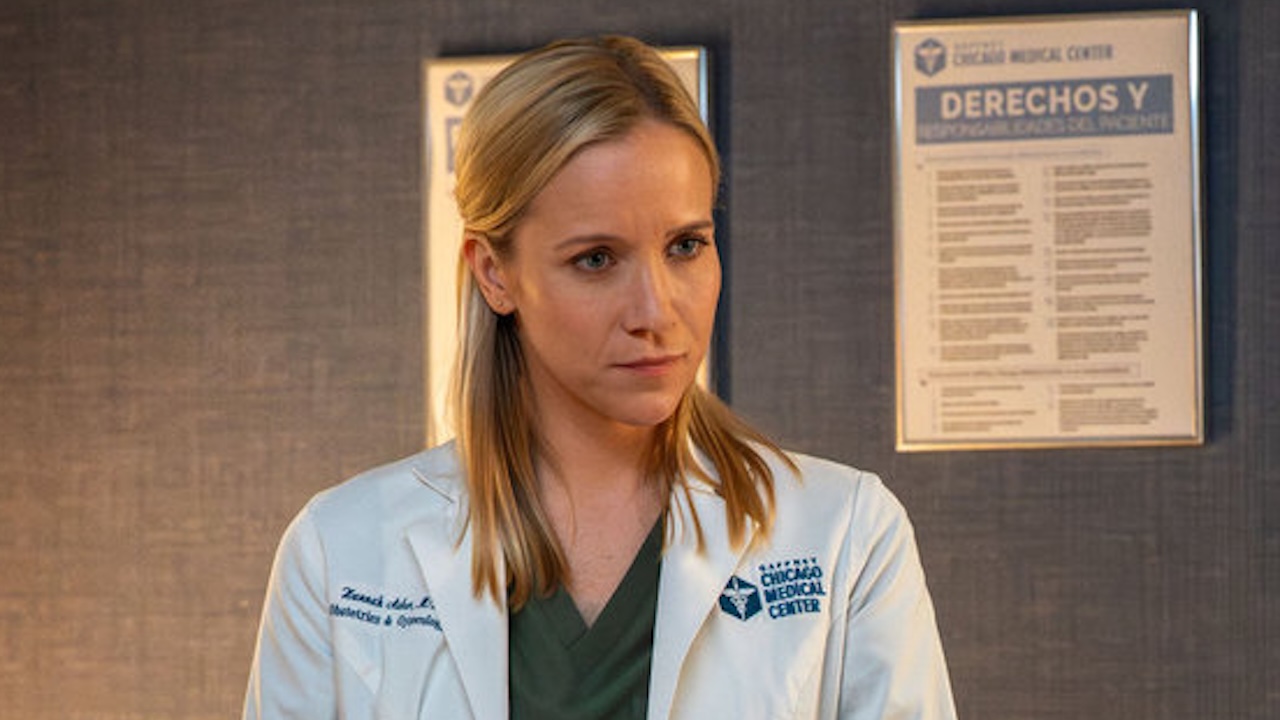A Viral Tweet Made A Controversial Statement About Marvel Phase 1, But I Lived Through It And Agree Completely
Fandoms tend to forget.
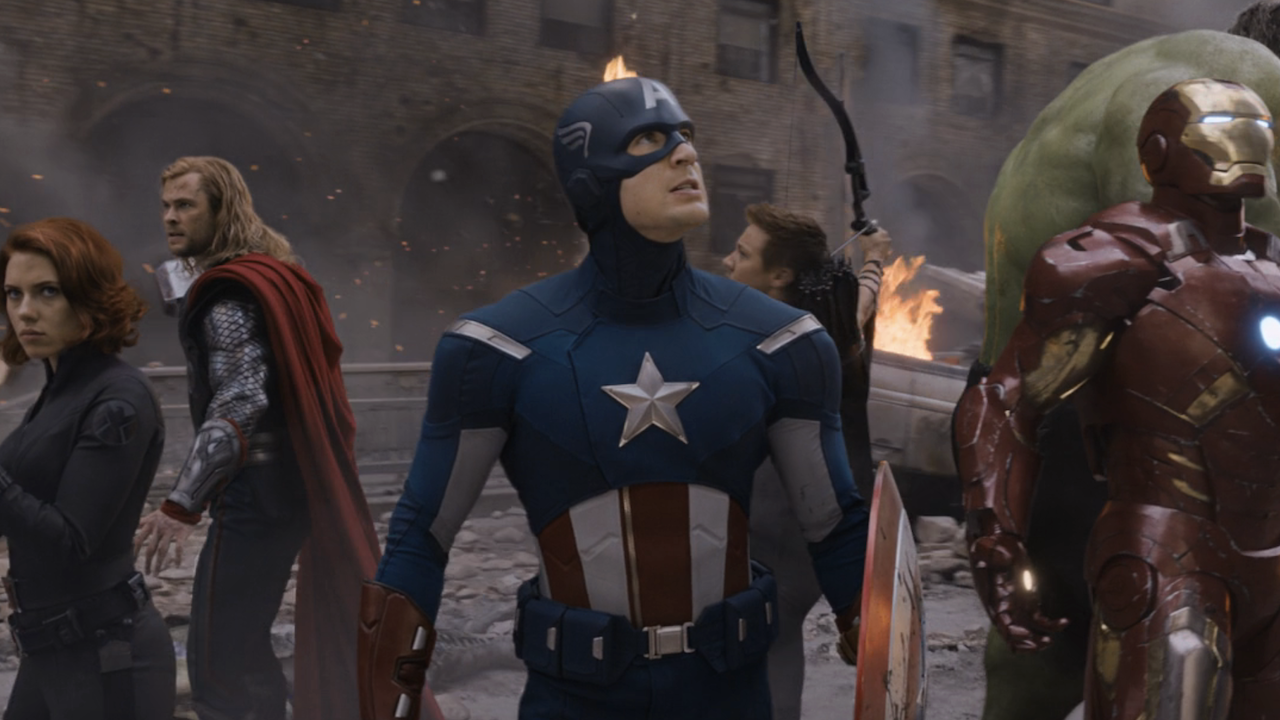
If you listen to a lot of the complaints about Marvel Studios these days, you’d think that the storytellers there were throwing 100 mph fastballs out of the gate, delivering unquestionable hit after hit after hit. “Marvel has fallen off!” people will scream, clamoring for the glory days of Avengers: Infinity Way and Avengers: Endgame… two of the best comic book movies ever made, and ones that need a decade of set up to justify their payoff. What people tend to forget is that the MCU went through a period of uncertainty – both in front of and behind the camera – as it took its initial steps into world building, and that early phases were way more imbalanced than fans remember.
This conversation recycled recently when a Tweet by That REDACTED Guy started going viral (it has more than 1 million views at this point). The opinion states that MCU Phase 1 “was not universally well received,” and that it took until The Avengers at the end of the Phase to finally pull the fanbase together into the cohesive unit it was for years.
Maybe I'm just old, but phase 1 was not universally well received. People thought IM2 was a step down from Iron Man, barely anyone liked The Incredible Hulk, people thought Thor was boring, and barely anyone cared about Captain America. The Avengers is what won people over. pic.twitter.com/v2FRV8EuUFApril 27, 2024
And do you know what? He’s right. We all look back at Iron Man, and the casting of Robert Downey Jr., as a watershed moment in comic-book movie history. And it was. But RDJ wasn’t the automatic cure all for the early ailments of the MCU, and the studio took several swings that – in this day and age – would be scrutinized beyond belief. In hindsight, Marvel Studios was figuring out its path just as much in Phases 1 and 2 as it seems to be doing now, introducing new heroes, laying down plotlines that may, or may not, lead to narrative avenues, and experiencing a bit of luck when a movie connects beyond the intended audience.
This isn’t quite revisionist history. But here are some points about early Marvel that I think need to be reiterated.
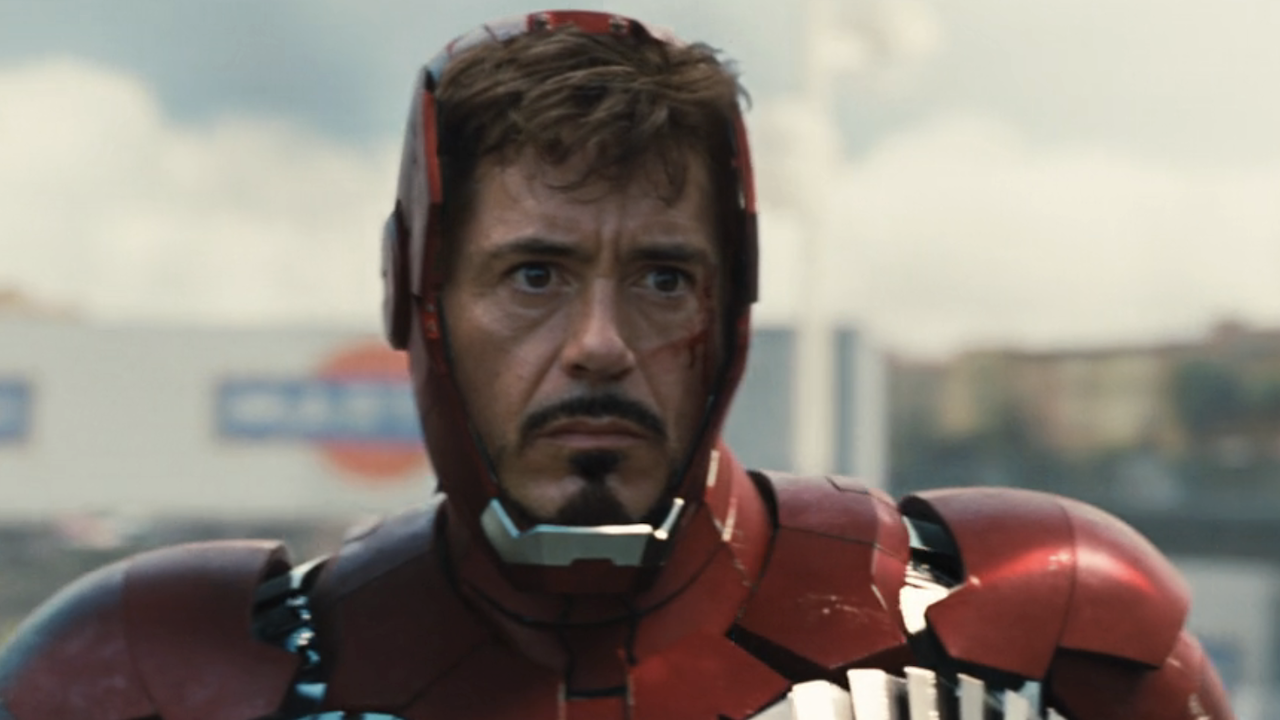
Iron Man 2 was bad, and people knew it at the time.
Ah, Marvel’s first sequel. It almost seems quaint now, a movie – like so many of the Marvel films – that buckled under the weight of continuing the main hero’s journey while also feeding into the rapid world-building that was happening in the MCU. Iron Man 2 increased the role of Nick Fury (Samuel L. Jackson) and added Natasha Romanoff (Scarlett Johansson) into the fold. It gave Mickey Rourke a bit too much rope to play the boring Whiplash, but in the process, cheated the wonderful Sam Rockwell out of more screen time as the deliciously sinister Justin Hammer.
But the true sin of Iron Man 2 is the tissue-soft approach it took to one of Tony Stark’s most unforgettable story arcs, “Demon in a Bottle” from the comic books. In that plot, the billionaire succumbs to alcoholism, and nearly flushes away his superhero career, and his personal life. Perhaps Robert Downey Jr.’s own demons prevented him from fully embracing the dramatic heft of the storyline. Or, Marvel Studios at the time didn’t want to bog down a crowd-pleasing superhero blockbuster with such mature conflicts. Either way, the mishandling of that subplot, and the hasty rush through larger MCU construction, led to a mixed bag sequel that (in my opinion) ranks below any Ant-Man or Doctor Strange sequel that gets ravaged by demanding Marvel fans to this day.
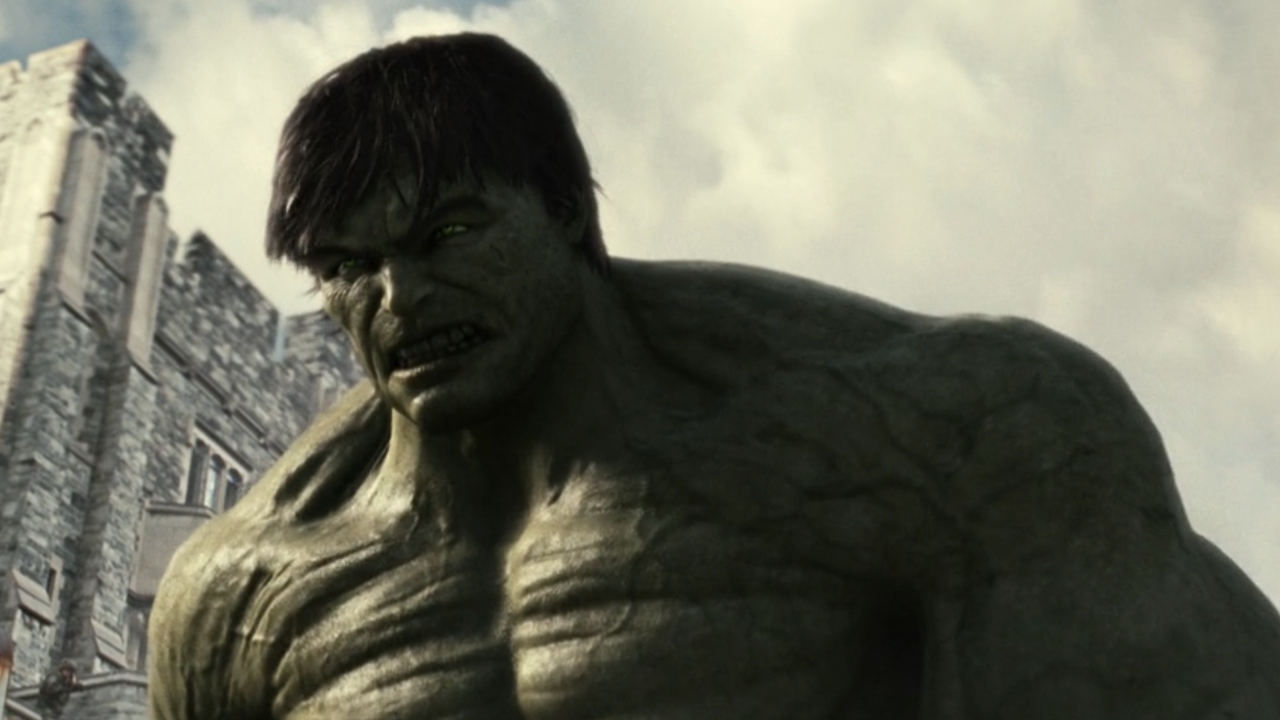
The Incredible Hulk has a low approval rating, as well.
Even before Iron Man 2 brought the superhero back down to Earth, the MCU took a shaky second step with Louis Leterrier’s The Incredible Hulk. The results were so mixed, Leterrier never returned for an MCU project, leading man Edward Norton instantly was replaced, and the Hulk was redesigned for his later appearance in The Avengers.
Your Daily Blend of Entertainment News
Years later, Marvel audiences try to remember The Incredible Hulk more fondly. Tim Roth’s Abomination was resuscitated in both Shang-Chi and the She-Hulk Disney+ series, while Tim Blake Nelson is expected to play The Leader again in Captain America: Brave New World. But the Hulk has been a character that Marvel has struggled with how to best use. The angry green giant is effective in Avengers movies, and steals scenes in sequels constructed around more three-dimensional heroes (like Thor, in Thor: Ragnarok). I think the initial hesitancy of the MCU audience to embrace The Incredible Hulk, though, scared Marvel off from fully exploring the character on the big screen. That movie’s 69% Fresh grade on Rotten Tomatoes from audience members is lower than Eternals (77%) and Ant-Man and the Wasp: Quantumania (82%), two MCU films that are labeled as “bombs” nowadays.
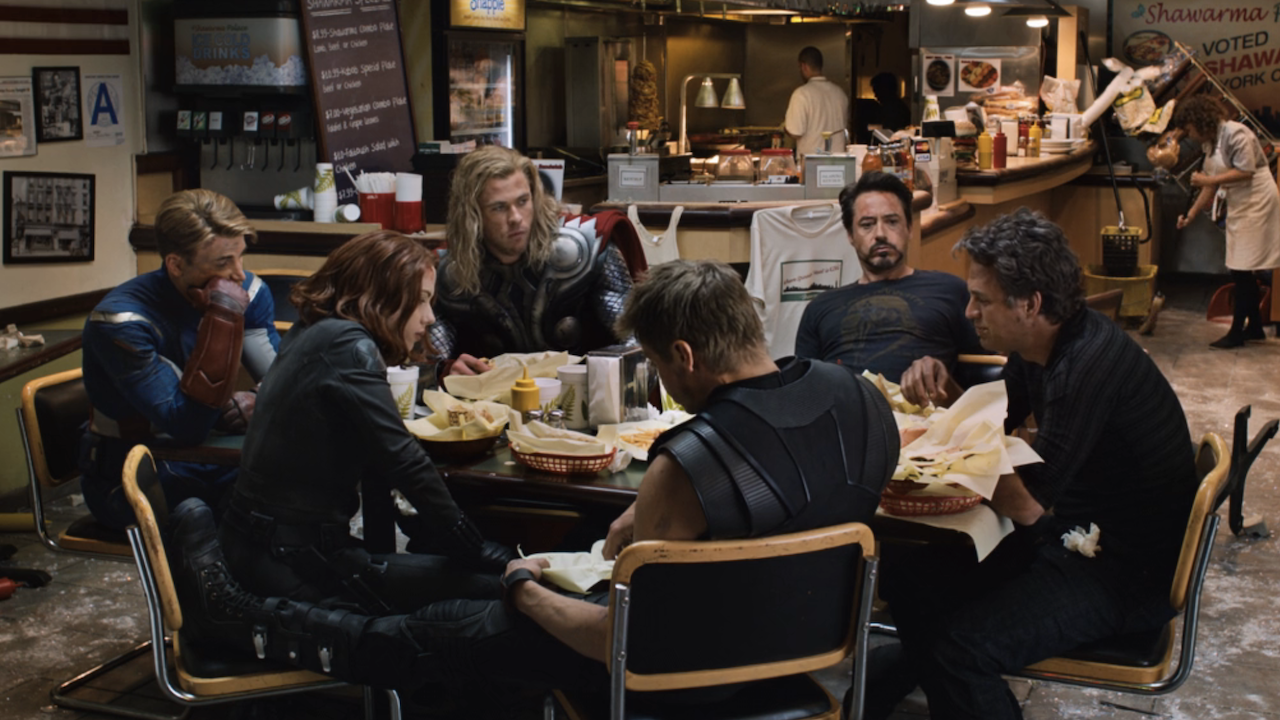
Audiences were more forgiving, and less spoiled, during Phase 1.
I am going to push back on the notion that Kenneth Branagh’s Thor was “boring,” or that “barely anyone cared” about Captain America, as was stated in the viral Tweet. There’s no question that Chris Evans’ Star-Spangled Avenger enjoyed more success with his sequels, but Joe Johnston’s Captain America: The First Avenger was critically acclaimed, and commercially successful. And by telling its story as a prequel set in the 1940s, it allowed itself to distance its narrative from the weight of world-building that collapsed on Iron Man 2. At least, until it became necessary to connect Captain America to the events of The Avengers:
But audiences at the time understood that Marvel Studios was building to something bigger. That there was the promise of a team-up movie, The Avengers, on the horizon. And when it arrived, it delivered. It had some flaws. But the overwhelming joy of seeing some of our favorite Marvel heroes fighting side by side spackled over those gashes.
We endured two more mixed movies before Marvel finally hit its stride. Iron Man 3 has its vocal supporters, though the Mandarin plot twist still divides the fandom. And Shane Black’s lone movie was followed up by Thor: The Dark World, which many MCU fans consider to be the lamest movie in the series to date. Then, we reached Captain America: The WInter Soldier, followed by Guardians of the Galaxy, and Marvel started to get a stronger grip on the types of stories it wanted to tell, the ways that they could expand the world (to more cosmic corners) and increase the mythology. And audiences gradually became spoiled by the Marvel model. So much so that DC’s SnyderVerse fell apart for not being enough like Marvel, and Fox and Sony eventually bowed to the MCU, giving theri superhero toys over to Kevin Feige.
But yes, the evolution of the MCU has meant that fans seem to have forgotten the rocky, unexpected early days of the saga, when missteps didn’t stand out as boldly as they do these days, and ever move was less scrutinized by a fanbase that knows how good things can be, and questions why we have to wait for glory. Seemingly, upcoming Marvel movies like Deadpool and Wolverine, The Fantastic Four, and Thunderbolts* will keep the MCU on a positive trajectory. But if they don’t, let’s all remember that Marvel’s capable of hitting a few doubles, and it doesn’t mean they are out of the game, by any stretch.

Sean O’Connell is a journalist and CinemaBlend’s Managing Editor. Having been with the site since 2011, Sean interviewed myriad directors, actors and producers, and created ReelBlend, which he proudly cohosts with Jake Hamilton and Kevin McCarthy. And he's the author of RELEASE THE SNYDER CUT, the Spider-Man history book WITH GREAT POWER, and an upcoming book about Bruce Willis.

